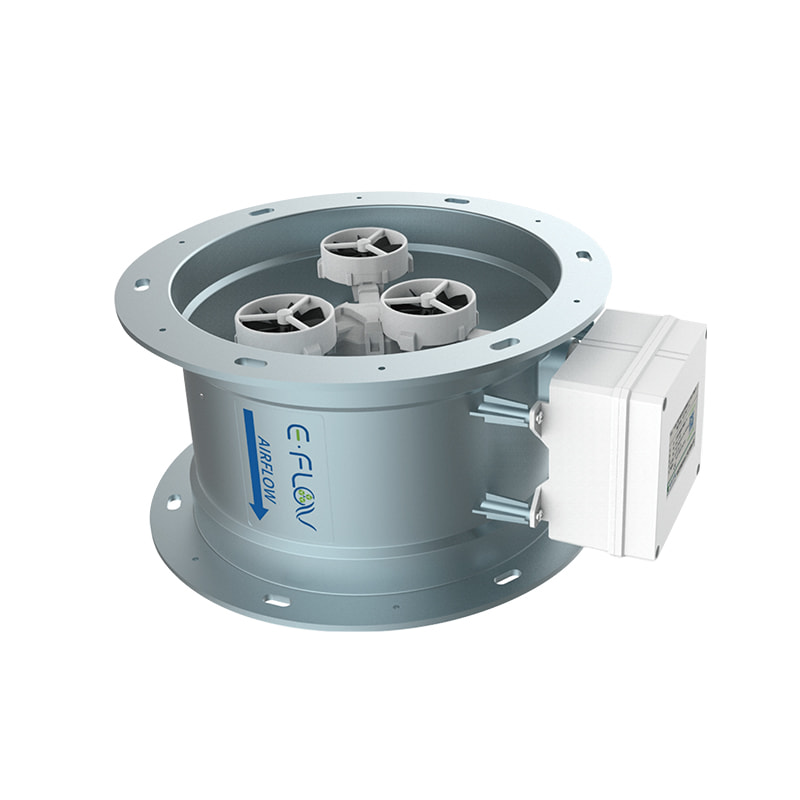Benefits of Using Heat Insulation Pipe Support Brackets
In the realm of industrial piping systems, heat insulation pipe brackets play a pivotal role. These components are designed to provide both structural support and thermal insulation to piping systems, ensuring efficiency, safety, and longevity. By mitigating heat loss and maintaining the integrity of the piping, these brackets are essential for various industrial applications, from power plants to chemical processing facilities.
Why Heat Insulation is Crucial
Heat insulation in piping systems serves multiple purposes. It not only prevents heat loss but also protects personnel from burns, reduces energy consumption, and minimizes thermal stress on the pipes. Without proper insulation, pipes can suffer from significant energy inefficiencies and safety hazards. Heat insulation pipe support brackets are specifically engineered to address these issues by integrating thermal insulating materials within their structure.

Key Components of Heat Insulation Pipe Support Brackets
1. Insulating Material:The core of any heat insulation pipe support bracket is its insulating material. Common materials include calcium silicate, mineral wool, and fiberglass. These materials are chosen for their high thermal resistance and durability.
2. Structural Support:The structural integrity of the bracket is crucial. It is typically made from stainless steel or carbon steel, which provides the necessary strength to support the weight of the pipe and its contents.
3. Cladding:To protect the insulating material from environmental factors, a cladding layer is often added. This can be made from aluminum or stainless steel sheeting.
Benefits of Using Heat Insulation Pipe Support Brackets
Enhanced Energy Efficiency:By reducing heat loss, these brackets help in maintaining the desired temperature within the piping system, leading to lower energy consumption and cost savings.
Improved Safety:The insulation prevents the outer surface of the pipes from becoming dangerously hot, protecting workers from burns and reducing the risk of accidental fires.
Prolonged Pipe Lifespan:Thermal insulation minimizes thermal expansion and contraction, reducing wear and tear on the pipes and extending their operational life.
Noise Reduction:Insulated pipes can also help in dampening the noise generated by fluid flow and mechanical vibrations, contributing to a quieter work environment.
Applications of Heat Insulation Pipe Support Brackets
1. Power Plants:In power generation facilities, maintaining the efficiency of steam and hot water pipes is critical. Heat insulation pipe support brackets ensure minimal heat loss and safe operation.
2. Chemical Processing:Chemical plants often handle substances at high temperatures. These brackets provide the necessary thermal protection and structural support for safe and efficient operations.
3. Oil and Gas:In the oil and gas industry, heat insulation is vital for maintaining the temperature of fluids during transport. Insulated pipe supports are essential for ensuring the reliability of these systems.
4. HVAC Systems:Heating, ventilation, and air conditioning systems rely on insulated pipes to deliver conditioned air efficiently. Properly insulated pipe supports are key to maintaining system performance.
Boosting Construction Efficiency: Expert Tips on Steel Formwork Support Techniques
Floor Heating Welded Wire Mesh: The Ultimate Installation Guide
Design Considerations for Heat Insulation Pipe Support Brackets
Why Choose an Eco-Friendly Mesh Exporter in 2024?
What Are the Benefits of Australian Reinforcement Mesh?
Top 5 Benefits of Flying End Mesh in 2024
Top 5 Benefits of Epoxy Color Coated Aluminum Coils Explained
What Are the Benefits of 3105 Painted Aluminum Coil?
When designing heat insulation pipe support brackets, several factors must be considered to ensure optimal performance:
Load-Bearing Capacity:The bracket must support the weight of the pipe, its contents, and the insulation material. Engineers must calculate the total load and design the bracket accordingly.
Thermal Expansion:Piping systems expand and contract with temperature changes. The bracket design should accommodate this movement to prevent stress and damage to the pipes.
Corrosion Resistance:Materials used in the bracket should be resistant to corrosion, especially in environments with high humidity or exposure to chemicals.
Ease of Installation:The design should facilitate easy installation and maintenance. Modular designs can simplify the process and reduce downtime during repairs or replacements.
Innovations in Heat Insulation Pipe Support Brackets
1. Advanced Insulating Materials:Recent advancements in insulating materials, such as aerogels and vacuum insulated panels (VIPs), offer superior thermal resistance and reduced thickness, making them ideal for space-constrained applications.
2. Integrated Monitoring Systems:Some modern brackets come equipped with sensors that monitor temperature and stress levels in real-time, allowing for predictive maintenance and improved safety.
3. Modular Designs:Modular brackets are gaining popularity due to their flexibility and ease of installation. They can be easily adjusted or expanded to fit different pipe sizes and configurations.
Choosing the Right Heat Insulation Pipe Support Bracket
Selecting the appropriate bracket for your application involves considering several key factors:
1. Temperature Range:Ensure that the insulating material can withstand the operating temperature of your system.
2. Load Requirements:Calculate the total load the bracket needs to support and choose a design that meets these specifications.
3. Environmental Conditions:Consider the environmental factors such as humidity, chemical exposure, and outdoor conditions that might affect the bracket’s performance.
4. Compliance with Standards:Verify that the bracket complies with relevant industry standards and regulations to ensure safety and reliability.
Conclusion
Heat insulation pipe support brackets are an indispensable component of modern industrial piping systems. They provide essential thermal insulation, structural support, and safety, contributing to the efficiency and longevity of the piping infrastructure. By choosing the right materials, designs, and installation practices, industries can reap the benefits of improved energy efficiency, safety, and operational reliability.
Further reading:Are You Maximizing Efficiency with Your Aluminum Coil Purchases?
Essential Guide to Germany Standard Reinforcing Mesh: Key Insights
Key Benefits and Applications of Drawn Wire Trench Mesh
Why Reinforcing Mesh Panels Transform Construction Standards?
7 Key Benefits of Using White Color Aluminum Coil in Construction
What Are the Benefits of Silicone Coated Fiberglass Cloth?
How Can PVC Tensile Membrane Transform Urban Spaces?





